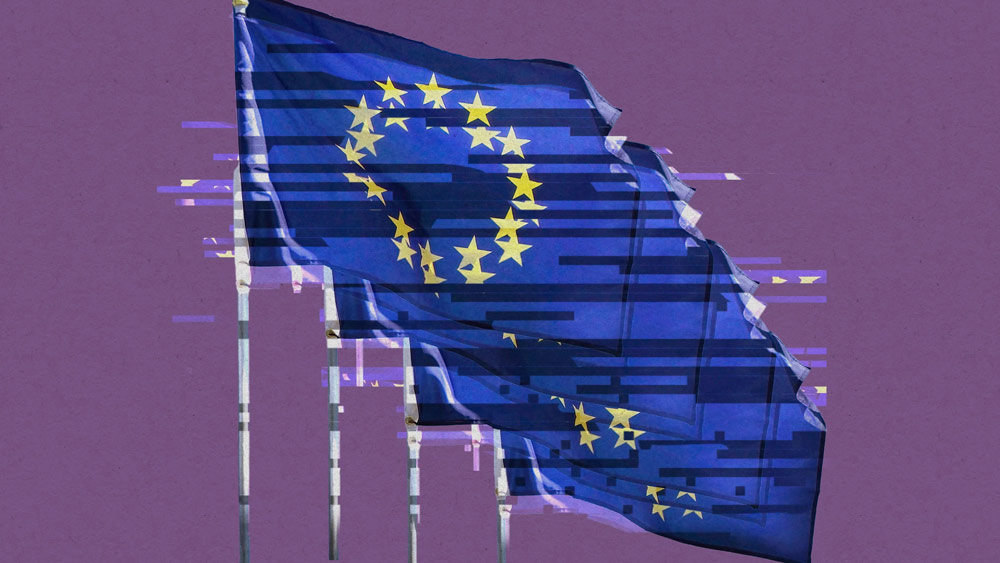In a strategic move to enhance technological independence, European tech companies are investing in “sovereign AI.” This initiative aims to minimize reliance on US-based technology by developing artificial intelligence systems rooted in local data and infrastructure.
The Rise of Sovereign AI
The concept of “sovereign AI” focuses on creating AI models that operate within a specific region, using data stored domestically. This approach ensures that AI systems are more aligned with local languages, cultures, and regulations. As Chris Gow from Cisco explains, this movement is largely driven by industry leaders rather than policymakers.
Why Sovereign AI?
Currently, many leading AI models, including OpenAI’s GPT, rely on US data centers. European politicians and regulators express concerns about this dependency, fearing it undermines Europe’s competitiveness and technological resilience.
The European Union’s stringent data protection regulations, such as the General Data Protection Regulation (GDPR), have heightened awareness around data sovereignty. These regulations emphasize secure and compliant data handling, prompting companies to localize their cloud infrastructure.
Industry Response
European firms are responding by expanding their local data centers. OVHCloud, a French cloud company, reports increasing demand for European-located infrastructure. This reflects a growing understanding of the importance of data sovereignty, as highlighted by Filippo Sanesi, OVHCloud’s global head of marketing.
Localized AI Models
Efforts are underway to develop AI models trained specifically on regional data. For instance, Italy launched Italia 9B, an AI model based on Italian language data. This initiative aims to produce AI outcomes that resonate with local values and cultural nuances.
David Hogan from Nvidia points out that most AI models are trained on Western data, which may not reflect local needs. Countries like Denmark are taking steps to ensure their essential services, such as healthcare, are supported by AI systems that align with their cultural values.
Future Outlook
The drive for AI sovereignty is not solely regulatory. It is a strategic industry shift recognizing AI as a critical technology for the future. European tech companies are exploring partnerships to develop AI models that are both locally relevant and secure.











